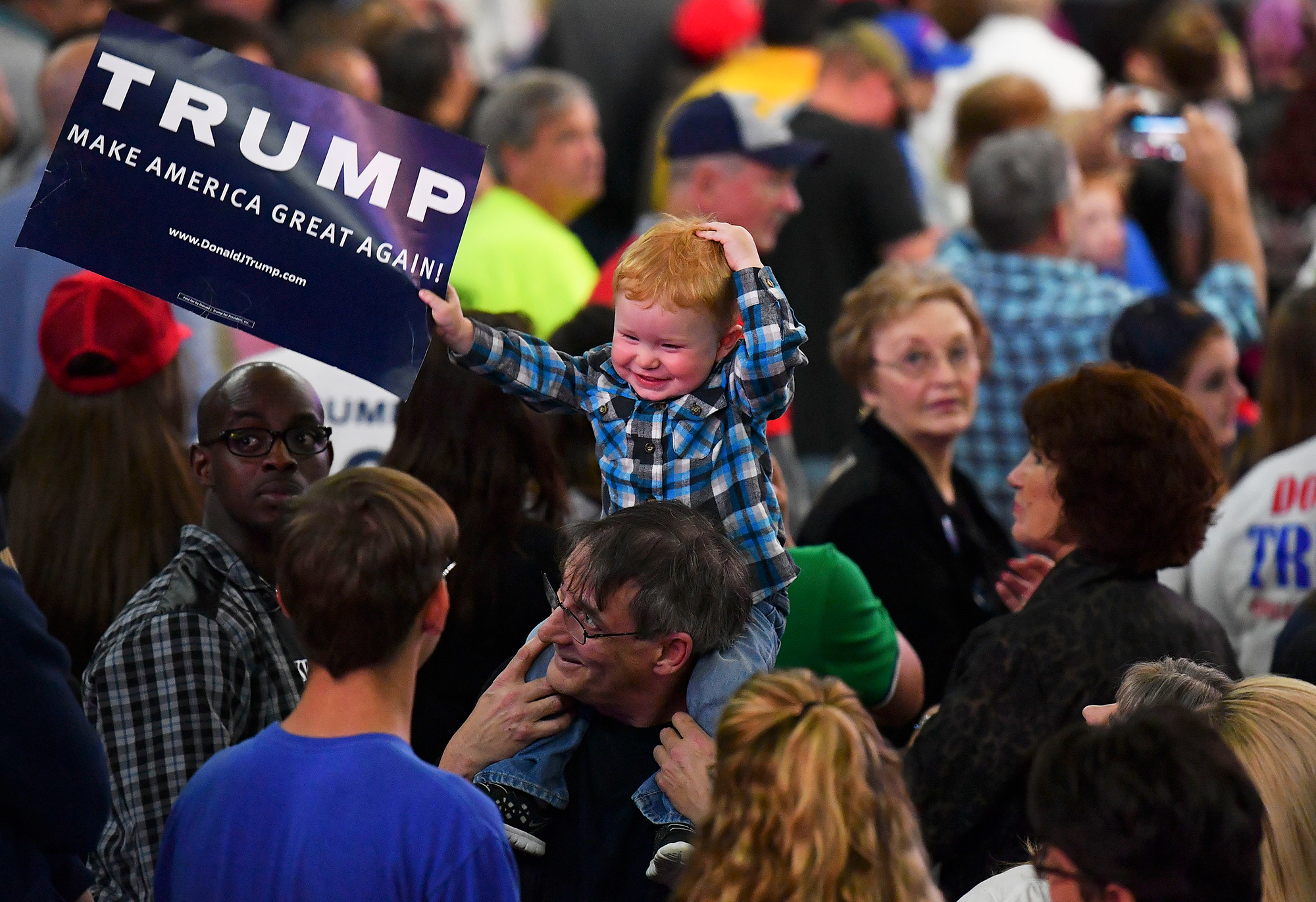
You probably can’t wait for this election to be over. But in one way, for parents, it might never end. The political climate shapes our children’s expectations of adult life and leadership—and in 2016, our kids are learning at least three lessons that directly contradict basic principles of social emotional health. Here is how to counter these messages.
1. “I can say whatever I think without regard for anyone else.”
Research by Carolyn Zahn-Waxler at the University of Minnesota shows that children’s values grow more from what adults do than what they say. Unfortunately, in this election cycle, adults are demonstrating a stunning amount of dysregulation by engaging in personal attacks, hurling racial insults and even instigating riots.
When children see adults out of control, they learn that self-control doesn’t matter. To counter this kind of modeling, social emotional health experts teach kids that there’s a difference between reacting and responding, and that they have the power to choose. Teaching kids the basic biology of their emotions gives them a greater sense of control over powerful feelings. Even very young children can understand that when they are overly emotional, their amygdala has taken charge and that they need to breathe and focus attention before responding. If only our presidential candidates would do the same.
2. “Anyone who disagrees with me is not only wrong, but bad.”
As usual, voters on both sides are threatening to move to Canada if their candidate loses. This demonstrates an “us v. them” norm which offers a perfect platform for candidates who thrive on conflict, are tone-deaf to their impact on others or are energized by their own egos. But for people who want to come to the table and solve problems together, this norm promotes non-participation and even apathy.
In the classroom recently, educators have been learning to replace this mindset with one that encourages respectful differences of opinion. This involves entering into discussions and debates with a spirit of genuine curiosity, as well empathy and respect. Kids need to see adults modeling empathy and reason, saying things like: “I’m curious how they came to believe that?” or “We see things differently, which makes life interesting.” Not something we’ve heard from the candidates lately.
3. “I am more inspired by my personal achievements than contribution to the greater good.”
The current political climate is rampant with over-blown egos and personal interest, crowding out the kind of leadership that strengthens communities.
Kids come into this world with a natural drive to contribute something of beauty and meaning. They want to be part of something bigger than themselves. Our current focus is on individual achievement, on being better than someone else. For kids, that can translate into pressure—not inspiration, collaboration or innovation.
Most of us can’t do much about the public climate right now. But we can be mindful of its effect on our kids.
What can parents do?
First, assume your kids are watching and taking note. Second, tell them what you find unacceptable and why. And third, expose them to different kinds of leaders and more productive, reasoned discussions. These measures can start laying more positive neural pathways so that in 20 years our kids become the leaders we’ve all been waiting for.
More Must-Reads from TIME
- Cybersecurity Experts Are Sounding the Alarm on DOGE
- Meet the 2025 Women of the Year
- The Harsh Truth About Disability Inclusion
- Why Do More Young Adults Have Cancer?
- Colman Domingo Leads With Radical Love
- How to Get Better at Doing Things Alone
- Michelle Zauner Stares Down the Darkness
Contact us at letters@time.com